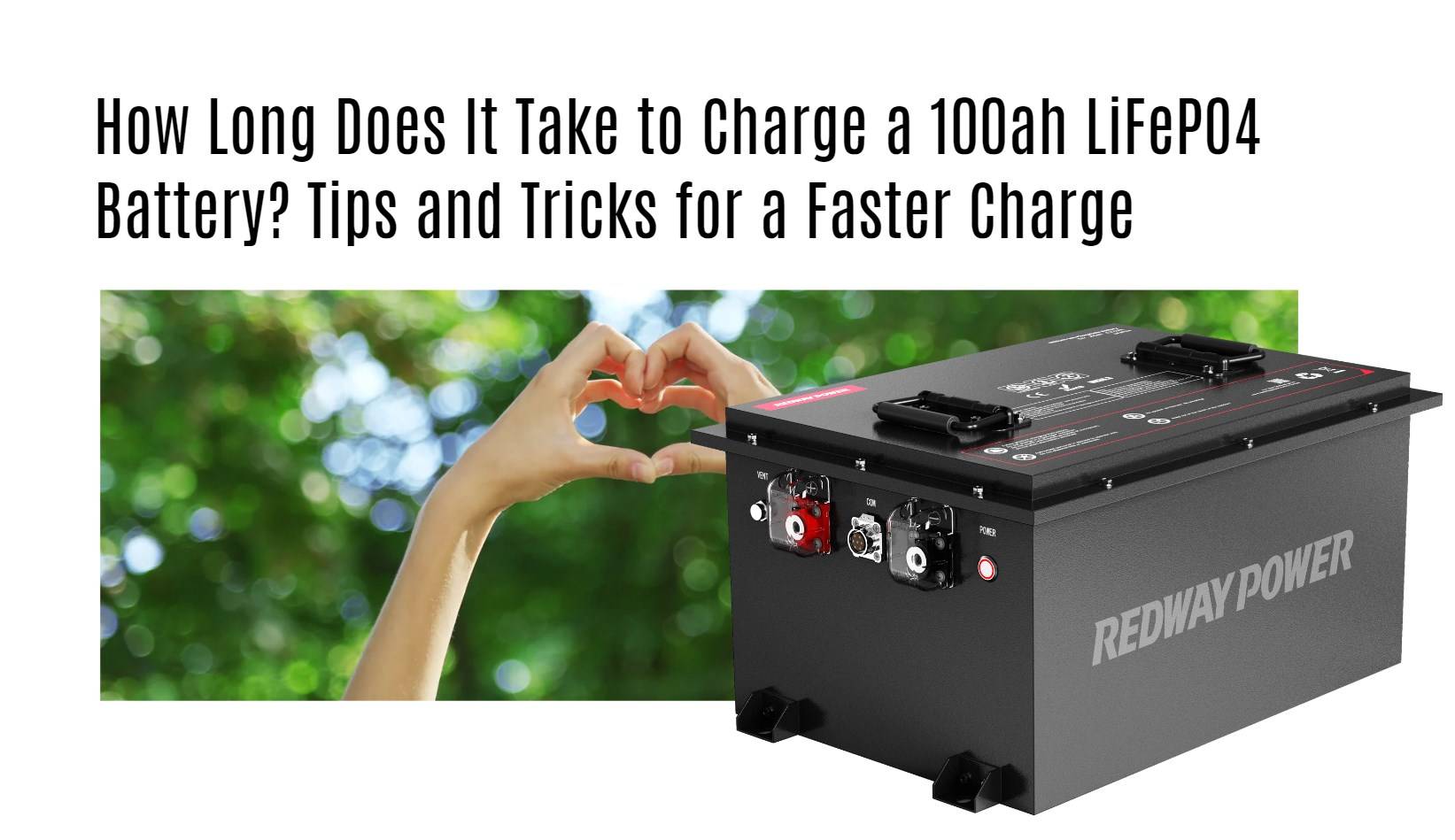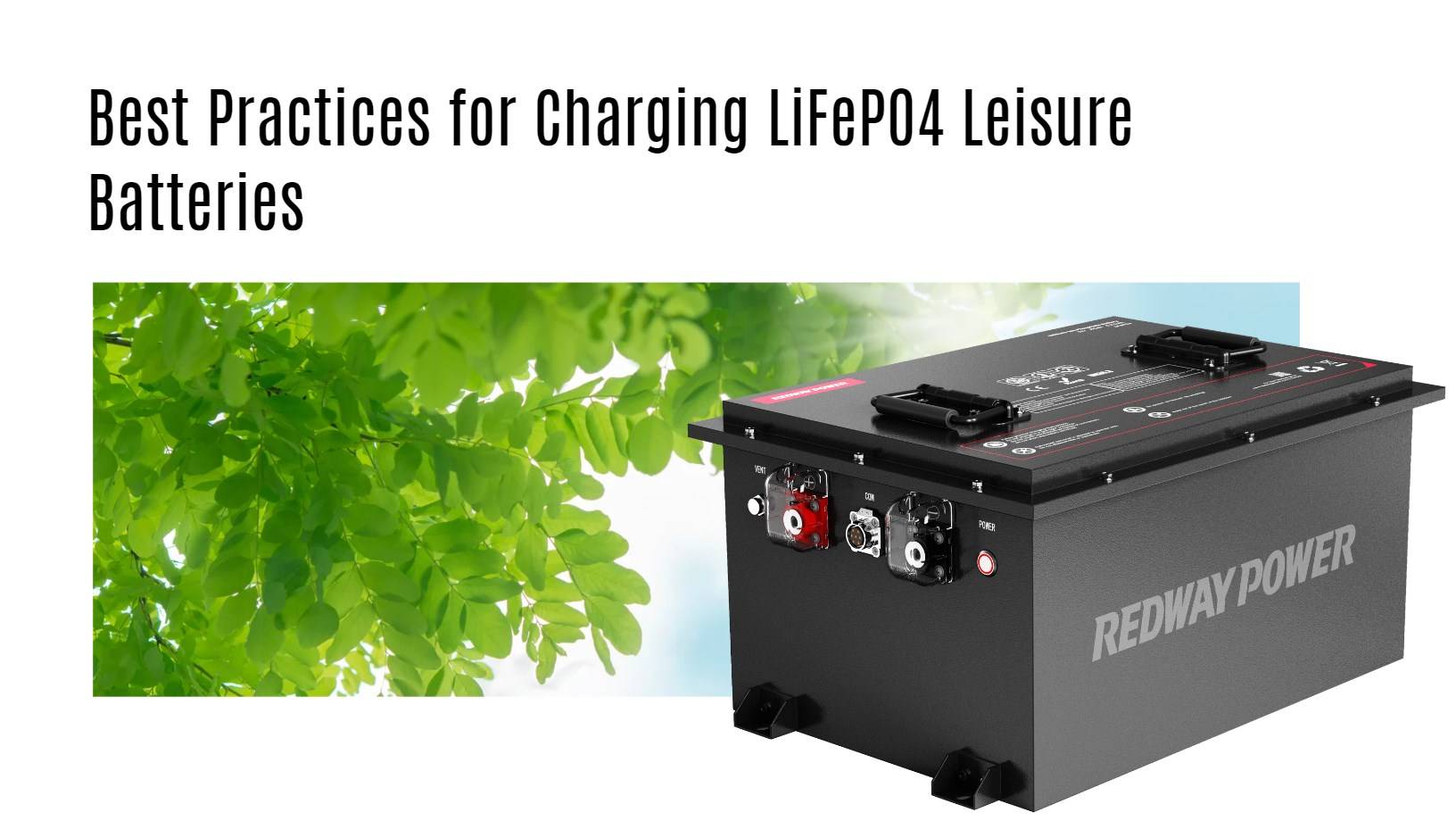Charging a 100Ah LiFePO4 battery typically takes between 5 to 10 hours, depending on the charging current and the battery’s state of charge. Using an appropriate charger and following best practices can optimize the charging process, ensuring efficiency and prolonging battery life.
How long does it typically take to charge a 100Ah LiFePO4 battery?
The time it takes to fully charge a 100Ah LiFePO4 battery can vary widely based on several factors, including the charger used and the current state of the battery. Generally, if using a standard charger providing around 20A of current, it would take approximately 5 to 6 hours to charge from a completely discharged state. However, if the battery is partially charged, this time will decrease proportionally.
What factors affect the charging time of a 100Ah LiFePO4 battery?
Several factors influence how long it takes to charge a 100Ah LiFePO4 battery:
- State of Charge (SOC): The initial charge level affects how much energy needs to be replenished.
- Charging Current: Higher currents can reduce charging time but may also increase heat generation.
- Charger Efficiency: The quality and design of the charger can impact how effectively it transfers energy.
- Battery Management System (BMS): A BMS helps regulate charging and discharging, affecting overall time.
- Temperature: Extreme temperatures can slow down or speed up the charging process.
How does charging current influence charging time?
Charging current plays a crucial role in determining how quickly a battery can be charged. For example:
- At 20A: A fully discharged 100Ah battery would take about 5–6 hours.
- At 40A: The same battery could be charged in about 2.5–3 hours, assuming optimal conditions.
However, it’s essential to balance faster charging with safety, as higher currents can lead to overheating and reduced lifespan if not managed properly.
What are the best practices for charging a LiFePO4 battery?
To ensure efficient and safe charging of LiFePO4 batteries, consider these best practices:
- Use Appropriate Chargers: Always use chargers specifically designed for LiFePO4 batteries that provide the correct voltage and current.
- Avoid Overcharging: Monitor voltage levels and avoid exceeding recommended limits (typically around 14.6V).
- Charge at Moderate Rates: While higher currents can speed up charging, moderate rates (0.5C or lower) are generally safer.
- Monitor Temperature: Keep an eye on temperature during charging; ideally, it should remain within safe limits (0°C to 45°C).
- Regular Maintenance: Periodically check connections and ensure that terminals are clean.
Which chargers are recommended for LiFePO4 batteries?
For optimal performance, it’s crucial to use chargers specifically designed for LiFePO4 chemistry. Recommended features include:
- Smart Chargers: These automatically adjust voltage and current based on the battery’s needs.
- Multi-stage Chargers: Chargers that offer constant current/constant voltage (CC/CV) modes help prevent overcharging while maximizing efficiency.
- Quality Brands: Look for reputable brands known for producing reliable chargers compatible with lithium iron phosphate batteries.
What common mistakes should be avoided when charging?
Avoid these common pitfalls when charging your LiFePO4 batteries:
- Using Incorrect Chargers: Avoid using chargers designed for other types of batteries (like lead-acid) as they may not provide appropriate voltage or current.
- Overcharging: Continuously applying voltage beyond recommended levels can damage the battery.
- Ignoring Temperature Limits: Charging outside specified temperature ranges can lead to performance issues or safety hazards.
- Neglecting Maintenance: Regularly inspect batteries and connections to prevent issues related to corrosion or loose terminals.
Tips for Battery Wholesale Buyers
When considering wholesale purchases of lithium batteries:
- Research suppliers based on reputation and product quality.
- Ensure compliance with relevant safety standards.
- Inquire about customization options tailored to specific needs.
- Evaluate pricing structures and shipping logistics.
Redway Battery is an excellent choice for wholesale buyers or OEM orders due to its extensive experience in lithium technology since its establishment in 2012.
Redway Battery Expert Insight
“Understanding how to charge your LiFePO4 batteries effectively is crucial for maximizing their lifespan,” states an expert from Redway Battery. “By following proper guidelines and using quality equipment, users can ensure optimal performance while maintaining safety.”In conclusion, charging a 100Ah LiFePO4 battery efficiently requires attention to various factors such as state of charge, charger selection, and adherence to best practices. By implementing these strategies, users can optimize their charging process, ensuring that their batteries perform reliably over time while extending their useful life.




